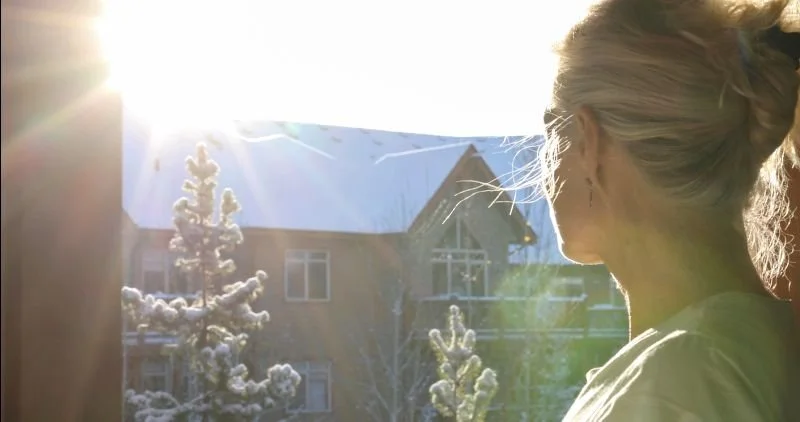No Place Like Home
Dear Caregivers,
There is “no place like home,” as the saying goes. And as the new year gets underway and the seasons change, I think about spring cleaning, getting my home in optimal shape, and plans for how my home might evolve over the coming year.
As a Caregiver of a loved one suffering from Alzheimer’s disease, considering your own home and your loved one’s living situation is an ongoing challenge. That’s because unfortunately, Alzheimer’s is a progressive disease, and so the “home” needs of you and your loved one will be in flux over time. Here are some key steps to consider:
ASSESS YOUR SITUATION: Is your home continuing to be safe for your loved one, including risk for falling, or your loved one wandering, or accidents such as leaving the stove on unattended? Are there improvements to your home that you can make, such as removing rugs and installing safety bars in the bathrooms?
ASSESS YOUR AND YOUR LOVED ONE’S NEEDS: Does your loved one need more and more help with bathing, getting dressed, and toileting? Is the burden of increased caregiving impacting your own life, in terms of taking up more of your time, and increasing the potential for caregiver burnout?
ASSESS YOUR OPTIONS: There are several options for additional help with your loved one’s living situation to consider, including, in-home care services such as nursing assistance and home health aides, adult day services, and assisted living facilities. If your loved one needs one-on-one support throughout the day and/or supervision to ensure their safety, you may need to consider a special type of assisted living called "memory care". These units or facilities have staffing and care support geared to the unique needs of those living with dementia.
GET YOUR FAMILY INVOLVED: Make sure you discuss your options with family members, if necessary, to get their input. Gauge their ability to be involved with caregiving duties. You may find asking for specific things is more successful, such as signing on to bring a carry-out dinner to Mom's every Friday night, or taking Dad to church on Sunday. Also think about the talents and interests of various family members. If someone in your family has a financial background, get their help for annual taxes. If someone else has a knack for organization, get them started on going through family photo albums with your loved one.
Finding and maintaining a home for your loved one is an ongoing challenge for many caregivers, and requires careful planning and flexibility. Here is some more guidance to consider:
Is It Safe to Leave My Loved One Alone in the House?:
One of the biggest responsibilities that comes with caring for a loved one with Alzheimer's disease is keeping them safe. This can be challenging as Alzheimer’s is a progressive disease, and so it can be hard to know when your loved one’s capabilities have declined to the point that you can no longer leave them safely alone by themselves. Here are some signs that indicate it is no longer safe to leave your loved one alone in the house.
The Basics of Adult Day Centers:
Adult day centers offer supervised care and activities that are tailored to meet the needs of people living with Alzheimer's. Adult day services can help provide respite to caregivers, while at the same time ensuring that your loved one receives safe, compassionate, and attentive care. Here’s a guide to how to find the right fit for your loved one.
A Guide to Touring and Choosing an Assisted Living Facility:
When choosing an assisted living facility, research and guidance from a placement advisor are valuable, but it’s still important to take a tour in person. This allows you to see things firsthand and begin to make connections to the facility staff who will be caring for your loved one. Here’s a guide.
Remember, if you can’t find the information you need on our website, you can always “Ask NAN” by clicking on this link.
Best,
Rosemary D Laird, MD, MHSA
Founder and Chief Medical Officer
“The ache for home lives in all of us.”
— Maya Angelou




